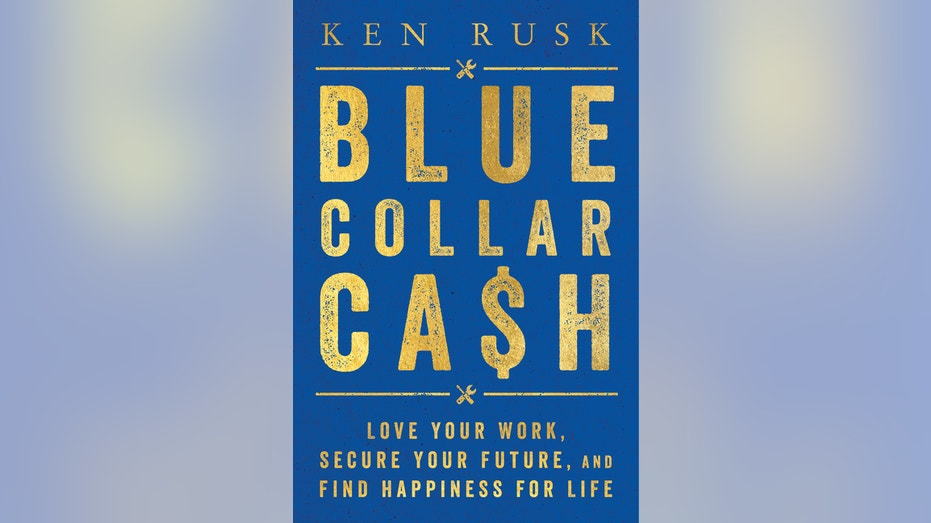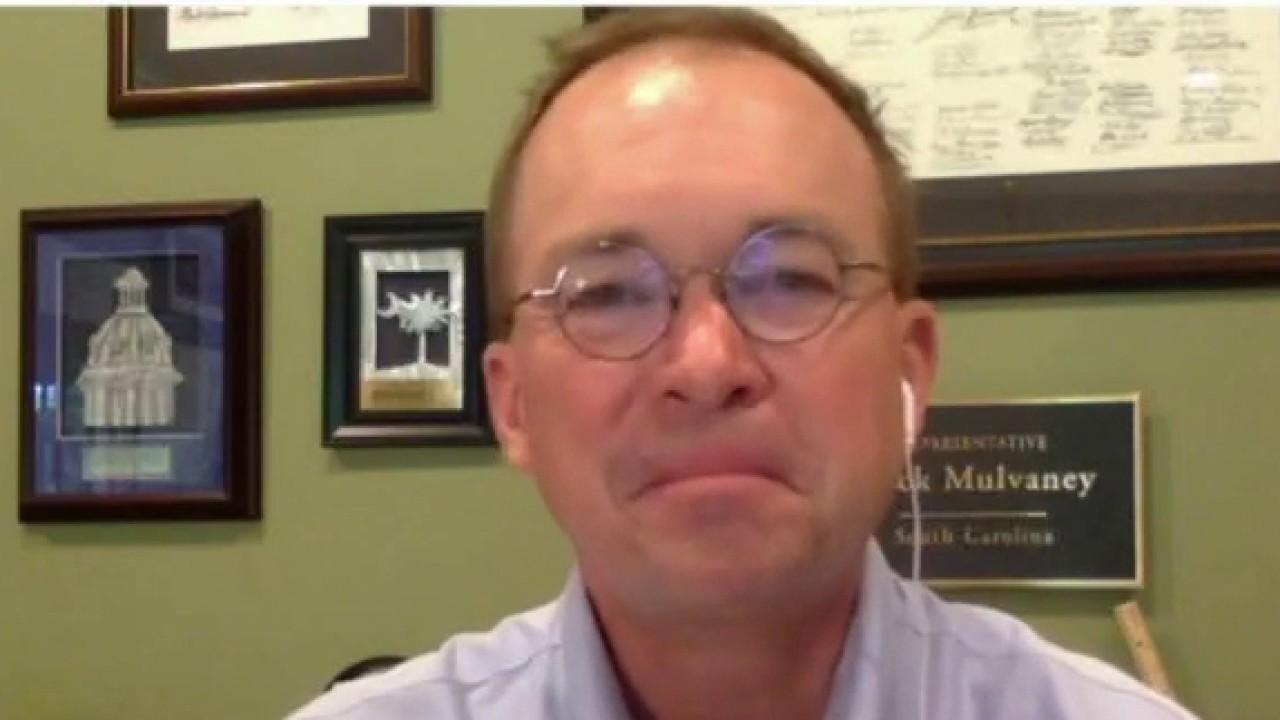Blue-collar jobs are hotter than ever, yet entrepreneur asks why many make more money by staying at home
The federal government has manufactured a wave of resistance to participating in the economy
Now that at least some coronavirus reentry is a reality in many parts of the country, blue-collar entrepreneurs like me face the challenge of hiring back our workforces to return to some semblance of normalcy and get this economy rolling again. But there’s an obstacle that wasn’t there before and that the federal government is to blame for: the now missing incentive to go back to work.
Instead of reinvigorating the economy, the federal government has manufactured a wave of resistance to participating in the economy.
BEST BUY BOOSTS PAY AS CORONAVIRUS DRIVES SALES
When I continued calling my furloughed workers last month, I thought they would all be as eager to get back to business as I am. But one of them thanked me for the call and said no thanks to my offer.
Why? He told me he was getting paid a lot more by the government to stay at home.

Ken Rusk, president and founder of Rusk Industries, Inc., author of "Blue Collar Cash: Love Your Work, Secure Your Future and Find Happiness for Life" (Dey Street/HarperCollins, July 28, 2020)
The numbers support his position. Take for example an employee who makes $35,000 per year or about $700 per week. After taxes, his or her weekly take-home pay would be about $538.
WHITE HOUSE LOOKING FOR STRONG JOBS REPORT AHEAD OF ELECTION AS IT PUSHES FOR MASSIVE NEW STIMULUS
If that worker had been forced to go on unemployment a year ago, that employee would make about $340 per week or about $200 less than their normal net check would bring home.

However, the federal government, in its haste to rescue the economy from today’s tragic crisis, came up with an equation for another disaster. They added $600 net dollars to each unemployment check in a supplemental bill.
If you do the math, that employee will earn $940 dollars per week or approximately $400 more than they were making at their full-time job.
That’s not the only calculation that exposes the federal government’s unintended consequences. If you were to 'plus up' an employee’s new 'salary' to a gross pay number, you would quickly see something no one intended at the start.
GET FOX BUSINESS ON THE GO BY CLICKING HERE
Because if you take $940 and try to figure out what the gross would be, you would arrive at the number of $60,000 per year in income from the government vs. the $35,000 earned in salary by working for their employer.
Employees will lose money by going back to work.
No one should begrudge those for taking a benefit that was clearly given to them by our own treasury. Everyone has bills to pay, especially during this pandemic. But what’s the answer for employers who are the backbone of America’s economy?
I'm glad that Treasury Secretary Steven Mnuchin said "If you offer [a job] back [to] a worker and they don't take that job, you will be required to notify the local unemployment insurance agency because that person will no longer be eligible for unemployment."
But now we have to threaten to rat on employees to the government for choosing a higher income for nothing in return?
That turns bosses into adversaries instead of saviors who are just trying to help their workers and the economy to get working again.
Despite today’s record scarcity of jobs, we should not have to sell our own employees on the logic behind the job they once depended on.
All an entrepreneur can do is compete with the government’s incentive not to work by creating an opposing incentive for their employees to work for them.
Let’s hope that an employer’s culture of caring and commitment to employees counts for something more than the CARES Act.
Ken Rusk is the president and founder of Rusk Industries, Inc. He is the author of "Blue Collar Cash: Love Your Work, Secure Your Future and Find Happiness for Life" (Dey Street/HarperCollins, July 28).




















